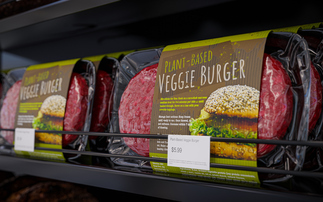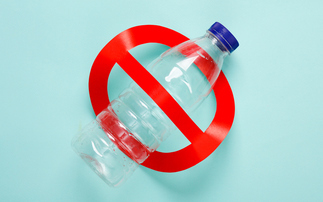Hannah Coles of E4 Environment explains how third party accreditation can help your business avoid the 'greenwash' trap
Shoppers are more aware now than ever of the ethical and environmental impact of goods and services. With a new agenda that factors in the sustainability of businesses it's telling that, according to the...
To continue reading this article...
Join BusinessGreen
In just a few clicks you can start your free BusinessGreen Lite membership for 12 months, providing you access to:
- Three complimentary articles per month covering the latest real-time news, analysis, and opinion from Europe’s leading source of information on the Green economy and business
- Receive important and breaking news stories via our daily news alert
- Our weekly newsletter with the best of the week’s green business news and analysis






